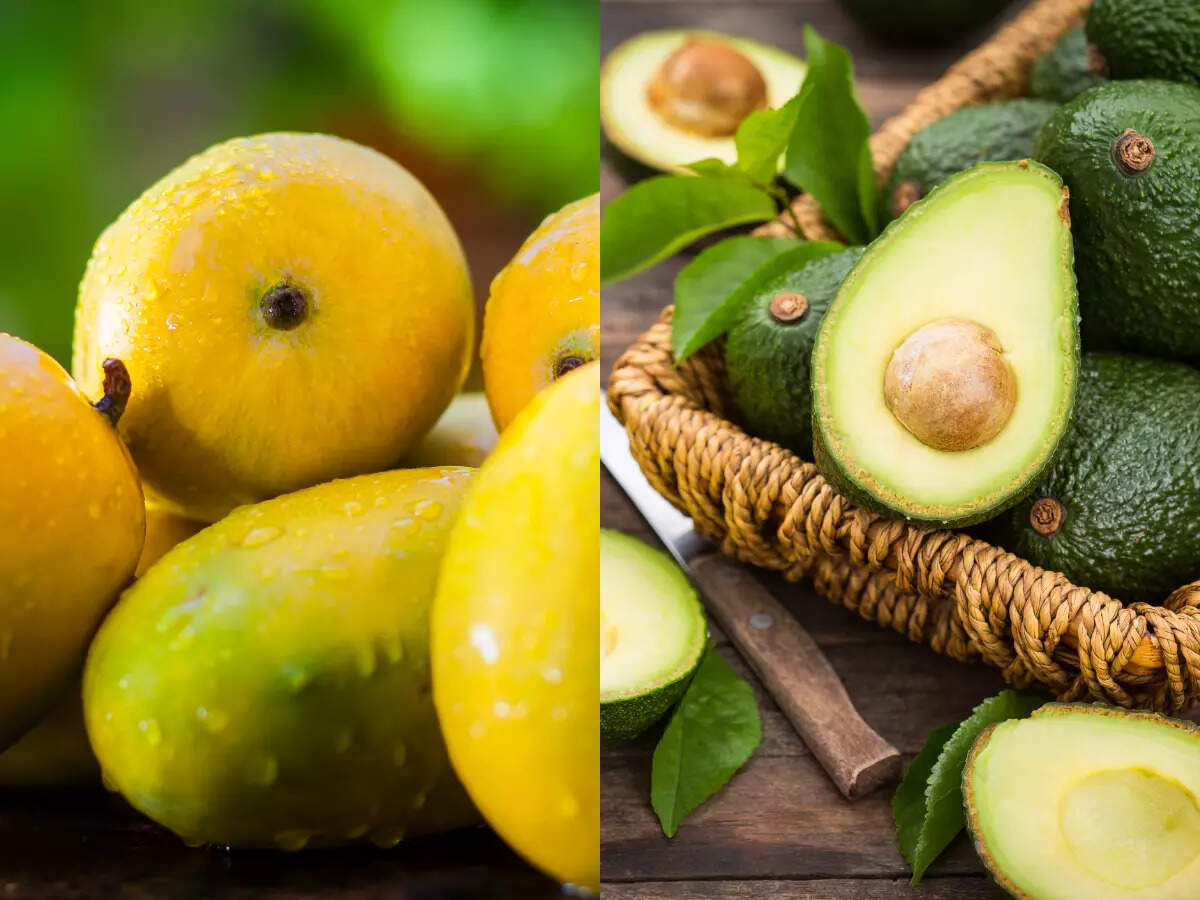With both having similar calories, which one is more nutritious

Mango, often celebrated as the “king of fruits,” offers a plethora of health benefits that extend beyond their delightful taste. As per a study by the National Library of Medicine, mango possesses antidiabetic, anti-oxidant, anti-viral, cardiotonic, hypotensive, anti-inflammatory properties. Various effects like antibacterial, anti fungal, anthelmintic, anti parasitic, anti tumor, anti HIV, anti bone resorption, antispasmodic, antipyretic, antidiarrhoeal, antiallergic, immunomodulation, hypolipidemic, anti microbial, hepatoprotective, gastroprotective properties. These effects are attributed to the fruit’s high fiber content and the presence of bioactive compounds like mangiferin. It is also said that mango contains dietary fiber and digestive enzymes that aid in digestion and promote gut health. The fiber content helps prevent constipation, while enzymes like amylases assist in breaking down complex carbohydrates, facilitating smoother digestion. And the high vitamin C content in mangoes plays a vital role in strengthening the immune system.
On the other hand, a report by the Journal of the American Heart Association, eating two servings of avocados a week linked to lower risk of cardiovascular disease. The study spanning 30 years and involving 110,000 participants found that consuming at least two servings of avocado per week was associated with a 16% lower risk of cardiovascular disease and a 21% lower risk of coronary heart disease. Replacing half a serving per day of saturated fat sources like butter or processed meats with avocado yielded similar benefits. Another systematic study and review by the Journal of the Academy of Nutrition and Dietetics states that avocado consumption can lead to reductions in total cholesterol and LDL cholesterol levels, particularly in individuals with hypercholesterolemia.
















